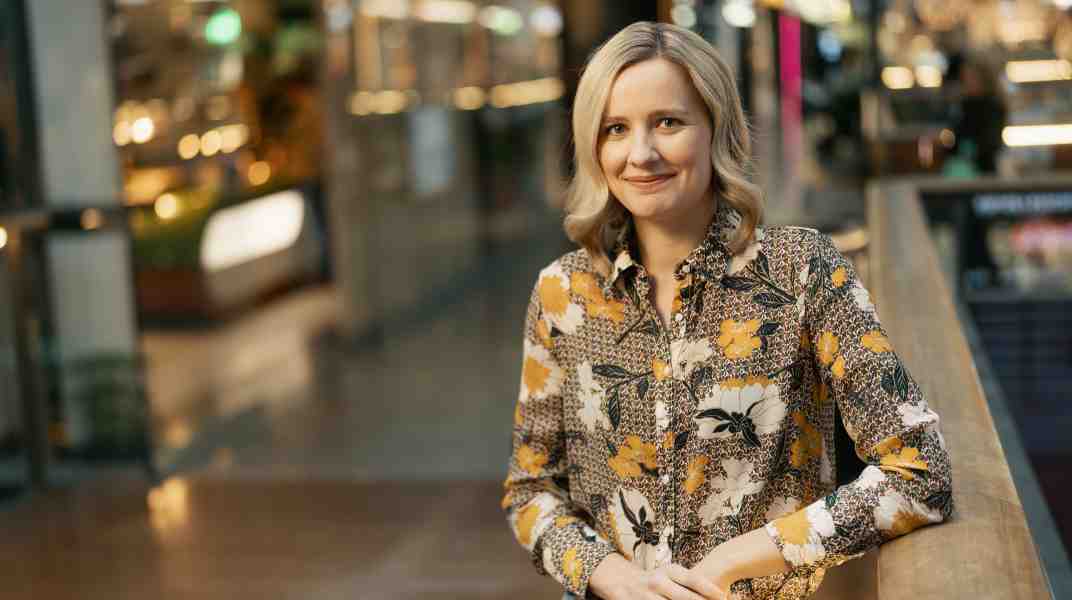Fast fashion has, for good reason, been criticised for its environmental and societal footprint. The industry’s carbon footprint is bigger than the footprint of all international flights and maritime shipping combined, and the use of dyes and chemicals in production harms both the local ecosystem and factory workers.1 Less than 1% of materials used to produce clothing is recycled, and as the industry is quickly growing, this could lead to catastrophic environmental impacts. As big fashion brands are mostly focusing on reducing the impact of their linear, fast-fashion system, some Nordic brands are trying to tackle the root cause of the linear production system.
Circular is becoming the new green – Brands are starting to figure out how to do more with less
Sustainable can mean a plethora of things depending on what product or industry you are looking at, but at its core it describes production methods that have a smaller impact on the planet and the people undertaking them. That includes anything from traceability in the supply chain, energy consumption and material effectivity to safe working environments with fair wages and the elimination of harmful chemicals.
One of the most interesting approaches to making a product sustainable is to apply the circular economy concept, or parts of it, to the business model. This can be done through product-life expansion, products as a service, the use of sharing platforms, renewability of products or resource efficiency and recycling. For this by no means all-encompassing article, we looked at three Nordic brands that have embraced circularity into their concepts and are now offering sustainable fashion.
Three ways of approaching the circular economy in fashion: product-life expansion, re-use of materials and products as a service
Gothenburg-based Nudie Jeans has focused on product-life expansion as well as sustainable materials. Manufactured from 100% organic cotton, a pair of the label’s non-toxic jeans are built to last, with no extra treatments or washes, and come with free repairs for life. For Nordic consumers, Nudie Jeans has its own repair shops in Stockholm, Gothenburg and Malmö, where you can also buy a pair of pre-loved denim. If you donate your well-worn Nudie Jeans back to the brand, you’ll receive 20% off your next pair.
Pure Waste is an example of a fully-fledged circular economy concept in the clothing industry. Pure Waste recycles waste from the textile industry into new material and garments. The company produces yarn from cutting waste sourced from India’s largest tricot production region and waste from yarn producers. Cutting and yarn waste is broken down into fibres and spun into new yarn. The recycled yarn is then used to sew or weave fabric. The largest customers are B2B companies, but customers can buy high-quality, 100% recycled products through third-party retailers or at their concept store in Helsinki.
Filippa Kis an example of an established brand that has gone the extra mile in circular thinking providing both product-life expansion and products as a service for its customers. The company has had a second-hand store in Stockholm already since 2008, and the company has gradually increased their circular economy concept since. In 2015, they started a used-clothing collecting system with 15% refunds for used clothes returned to the stores in Sweden and Denmark. Now the company also offers a leasing service where customers can lease garments for 20% of the price for 4 days. The service is available in select stores in Sweden, Norway and Denmark as well as in other European locations.
Consumers both globally and locally value sustainability which means that circular concepts have a good possibility of growing
According to Nielsen’s 2015 Global Corporate Sustainability Report, 66% of consumers said they were willing to pay more for a product if it came from a sustainable brand. Fast forward to 2018 and 81% of the respondents strongly felt that companies should help improve the environment.
On a global scale, sustainability is on the minds of consumers. Sustainable Brand IndexTM is the Nordics’ largest brand study focusing on sustainability. According to the study, over 70% of consumers in Sweden, Denmark and Finland say that sustainability impacts their buying decisions. Looking at these figures, we can expect more brands to move towards circular thinking – and sustainable fashion might become the new normal in the industry.
1 Source:https://www.ellenmacarthurfoundation.org/assets/downloads/publications/…



